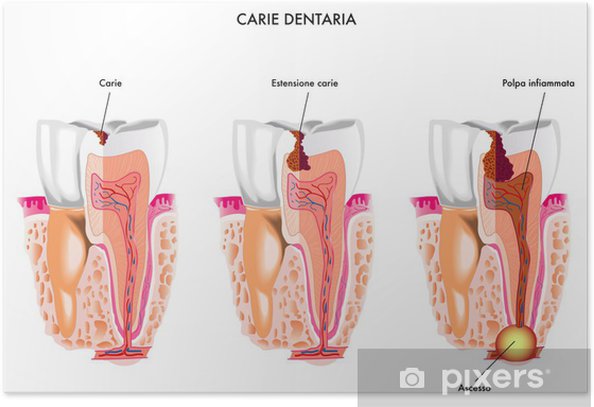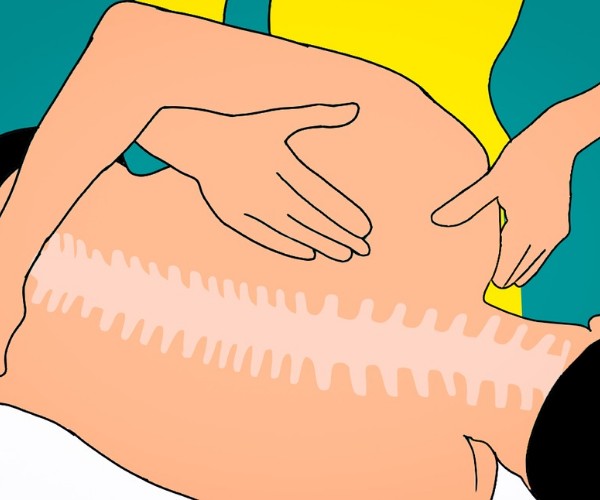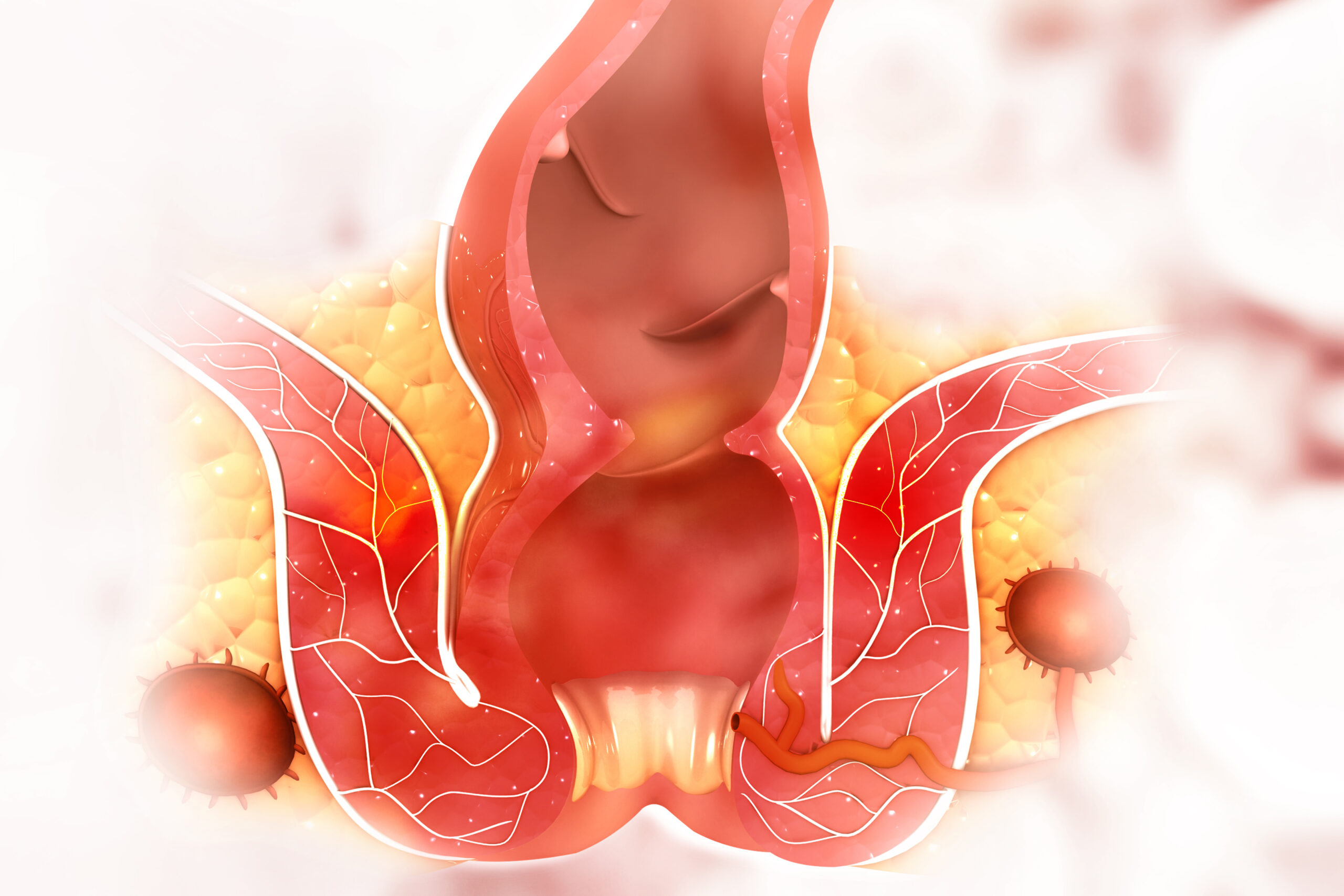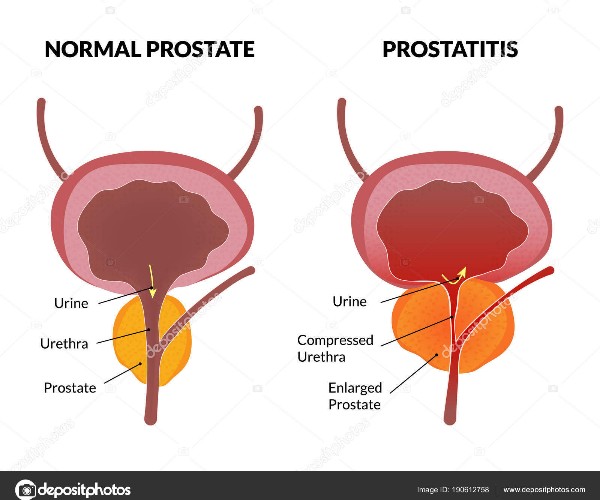Smoking is bad for you at every stage of life, but in pregnancy it hurts twice as much, because not only the woman but also the developing fetus suffers the deleterious consequences of smoking. To protect it, it is necessary to be able to quit in time.
Also thanks to good laws and numerous prevention initiatives, people in Italy today tend to smoke less and more consciously than 2-3 decades ago. However, compared to the past, more women smoke today, and on average they develop greater addiction and have a harder time quitting. So much so that they sometimes fail to break the smoking habit even during pregnancy, risking impairment and negatively affecting the development of the baby.
In a recent review published in the scientific journal Therapeutic Advances in Drug Safety, some American experts on the subject have summarized the reasons why all women wishing to engage in pregnancy should try to stop smoking before conception or, in the case of unplanned pregnancies, soon after (ideally, by the end of the 1st trimester).
In particular, there is evidence that the Smoking in pregnancy increases the risk of preterm delivery (i.e., before 37 weeks, with associated complications), low birth weight, premature rupture of membranes, placenta previa (i.e., placed in front of the baby’s head at the time of delivery, resulting in criticality during expulsion), and loss of the baby. In addition, smoking in pregnancy is a recognized risk factor for congenital anomalies of the cleft lip and palate (cleft lip-palate), cardiac, gastrointestinal, and neurological defects of the newborn.
A wide range of studies also indicate that even when in pregnancy it’s okay, exposure to secondhand smoke in the first months/years of life increases a child’s risk of going through acute respiratory diseases (virus and bacterial airway infections) and chronic (asthma, respiratory allergies, etc.), as well as to otitis, short stature, and metabolic and behavioral changes (hyperactivity).
The woman who succeeds in quitting smoking on time and not starting again after the birth of the child enables herself and the whole family to live healthier lives. Since, often, good will is not enough, to succeed it is advisable to seek medical advice and be directed in the use of one or more of the many supports, pharmacological and otherwise, available today (nicotine replacement therapy in gum, chewing tablets, nasal spray, patch, etc.; bupropion; varenicline; counseling and psychological support; auricular acupuncture, etc.). Ideally, also involving the partner, if a smoker, in the venture. Of course, it will not be easy, but it is definitely worth it.
Source: Scherman A et al. Smoking cessation in pregnancy: a continuing challenge in the United States. Ther Adv Drug Saf. 2018;9(8):457-474. doi:10.1177/2042098618775366
























































































